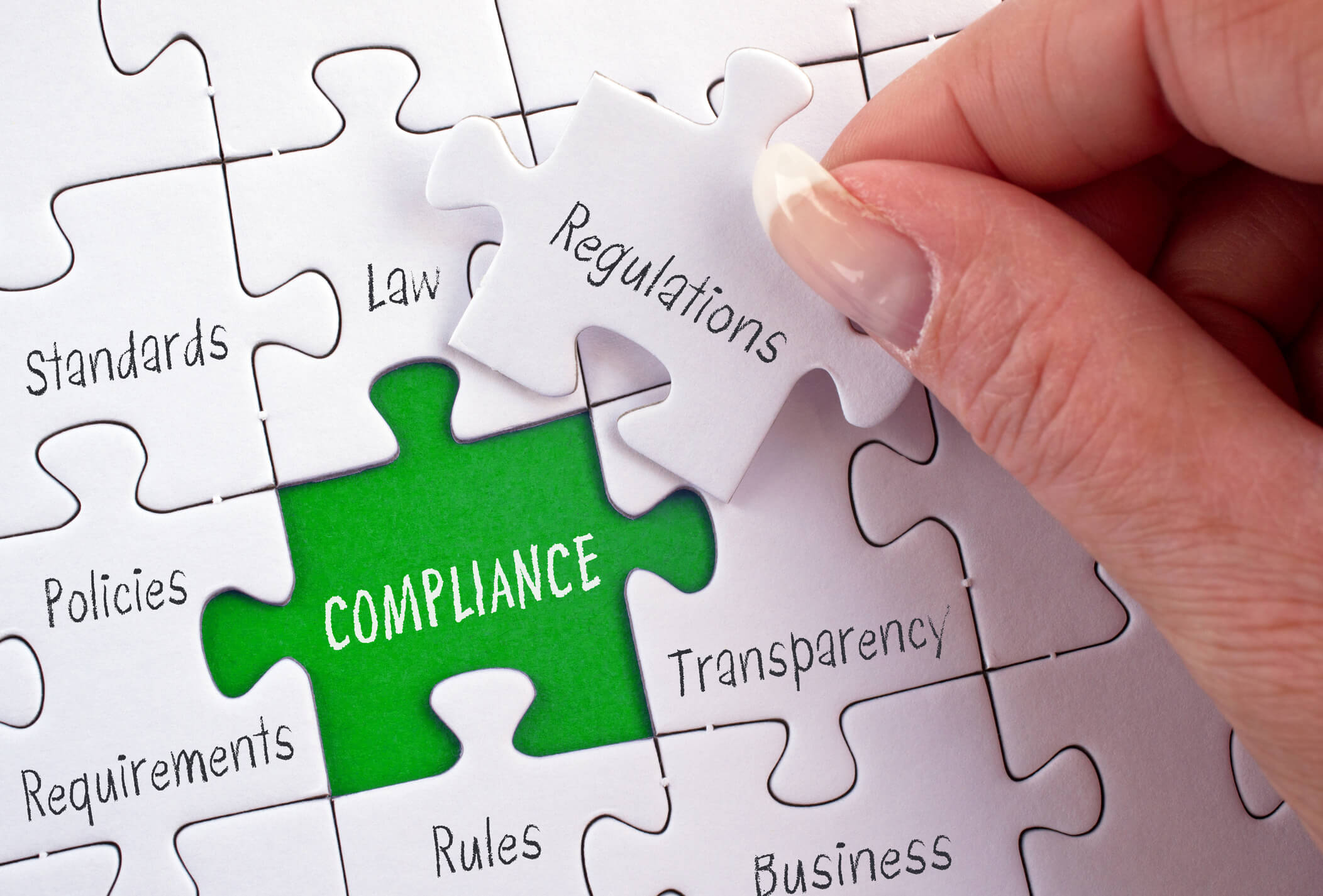In the construction industry, payment compliance plays a crucial role in ensuring fair and timely compensation for all parties involved in a project. It refers to the adherence to laws, regulations, and contractual obligations related to payments in construction projects. Payment compliance is essential for maintaining healthy relationships between contractors, subcontractors, suppliers, and other stakeholders, as well as for the overall success and sustainability of construction businesses.
Construction projects involve numerous financial transactions, including payments for labor, materials, equipment, and services. Without proper payment compliance, disputes and delays can arise, leading to strained relationships, legal battles, and financial losses. Therefore, it is vital for construction businesses to have a comprehensive understanding of payment compliance and establish robust processes and procedures to ensure compliance throughout the project lifecycle.
Understanding Payment Compliance: Key Concepts and Terminology

Before delving into the legal framework and best practices for payment compliance in construction, it is important to familiarize ourselves with key concepts and terminology related to this topic. Here are some essential terms to know:
- Progress Payments: These are periodic payments made by the owner or general contractor to the subcontractors or suppliers based on the completion of specific milestones or stages of work.
- Retention Payments: Retention is a portion of the contract price that is withheld by the owner or general contractor until the completion of the project. It serves as a form of security against potential defects or non-compliance.
- Lien Waivers: These are legal documents signed by subcontractors or suppliers, stating that they have received payment for their work and waive their right to file a lien against the property.
- Pay-When-Paid vs. Pay-If-Paid: Pay-when-paid clauses specify that subcontractors will be paid within a certain timeframe after the general contractor receives payment from the owner. Pay-if-paid clauses, on the other hand, make subcontractor payment contingent upon the general contractor receiving payment from the owner.
- Prompt Payment Laws: These are state or federal laws that establish specific timeframes for payment and penalties for late payment in construction projects.
The Legal Framework: Laws and Regulations Governing Payment Compliance in Construction

Payment compliance in construction is governed by a complex web of laws and regulations at the federal, state, and local levels. These laws aim to protect the rights of subcontractors and suppliers and ensure fair and timely payment. Some of the key laws and regulations include:
- Miller Act: This federal law requires general contractors on federal construction projects to post performance bonds and payment bonds to protect subcontractors and suppliers.
- Prompt Payment Acts: Many states have enacted prompt payment laws that establish specific timeframes for payment and penalties for late payment in construction projects.
- Mechanics’ Lien Laws: These laws allow subcontractors and suppliers to file a lien against the property if they are not paid for their work. Mechanics’ liens provide a legal remedy for non-payment.
- Subcontractor Default Insurance (SDI): SDI is a type of insurance that protects general contractors from financial losses caused by subcontractor defaults, including non-payment.
It is crucial for construction businesses to stay updated with the relevant laws and regulations in their jurisdiction to ensure compliance and avoid legal disputes.
Common Payment Compliance Challenges Faced by Construction Businesses

Despite the importance of payment compliance, construction businesses often face various challenges in this area. Some of the common challenges include:
- Cash Flow Management: Construction projects typically involve significant upfront costs, and delays in payment can strain a company’s cash flow. Managing cash flow effectively is essential for meeting financial obligations and ensuring timely payments to subcontractors and suppliers.
- Disputes and Delays: Payment disputes and delays can arise due to various reasons, such as disagreements over work quality, change orders, or incomplete documentation. These disputes can lead to strained relationships and legal battles, causing further delays and financial losses.
- Complex Payment Chains: Construction projects often involve multiple tiers of subcontractors and suppliers, making payment chains complex. Ensuring that payments flow smoothly from the owner to the general contractor and down to the subcontractors and suppliers can be challenging.
- Non-Compliant Payment Practices: Some construction businesses may engage in non-compliant payment practices, such as pay-if-paid clauses or delaying payments without valid reasons. These practices can lead to legal consequences and damage the reputation of the business.
Best Practices for Establishing Payment Compliance Processes and Procedures
To overcome the challenges associated with payment compliance, construction businesses should establish robust processes and procedures. Here are some best practices to consider:
- Clear and Detailed Contracts: Contracts should clearly outline payment terms, including milestones, due dates, and retention amounts. It is essential to ensure that contracts comply with applicable laws and regulations and are fair to all parties involved.
- Accurate and Timely Documentation: Maintaining accurate and timely documentation is crucial for payment compliance. This includes detailed records of work performed, materials supplied, change orders, and any other relevant information. Documentation should be organized and easily accessible for reference and dispute resolution.
- Regular Communication: Effective communication between all parties involved in a construction project is vital for payment compliance. Regular updates on project progress, change orders, and payment schedules can help prevent disputes and ensure timely payments.
- Implementing Technology Solutions: Utilizing construction management software or payment platforms can streamline payment processes, improve transparency, and reduce the risk of errors or delays. These technologies can automate payment workflows, track invoices, and provide real-time visibility into payment status.
Ensuring Timely Payments: Strategies for Construction Businesses
Timely payments are crucial for maintaining healthy relationships and ensuring the smooth progress of construction projects. Here are some strategies that construction businesses can adopt to ensure timely payments:
- Invoice Management: Implementing an efficient invoice management system can help streamline the payment process. Invoices should be accurate, detailed, and submitted promptly to the appropriate parties. Automated reminders can be set up to ensure that invoices are not overlooked or forgotten.
- Payment Terms Negotiation: When entering into contracts, construction businesses should negotiate favorable payment terms, including shorter payment cycles and reduced retention amounts. Clear payment terms can help avoid disputes and encourage prompt payment.
- Early Payment Incentives: Offering early payment incentives, such as discounts or bonuses, can motivate owners or general contractors to make payments promptly. These incentives can help improve cash flow and strengthen relationships with clients.
- Monitoring Payment Performance: Regularly monitoring payment performance can help identify potential issues early on. Construction businesses should track payment trends, identify slow-paying clients, and take appropriate actions to address any payment delays or disputes.
Navigating Retention Payments and Release Mechanisms
Retention payments are a common practice in the construction industry, where a portion of the contract price is withheld until the completion of the project. Navigating retention payments and release mechanisms is crucial for construction businesses to ensure fair and timely compensation. Here are some key considerations:
- Retention Release Schedule: Construction businesses should establish a clear retention release schedule in their contracts. This schedule should outline the conditions and milestones that trigger the release of retention payments. It is important to ensure that the release schedule complies with applicable laws and regulations.
- Retention Tracking: Maintaining accurate records of retention amounts and tracking their release is essential. Construction businesses should have a system in place to monitor the completion of milestones and trigger the release of retention payments accordingly.
- Lien Waivers: Obtaining lien waivers from subcontractors and suppliers upon receiving payment is crucial for protecting against potential liens. Construction businesses should ensure that lien waivers are properly executed and comply with legal requirements.
- Retainage Bonds: In some cases, construction businesses may opt to use retainage bonds as an alternative to withholding retention payments. Retainage bonds provide financial security to the owner or general contractor while allowing subcontractors and suppliers to receive their full payment upfront.
The Role of Technology in Streamlining Payment Compliance for Construction Businesses
Technology plays a significant role in streamlining payment compliance processes for construction businesses. Construction management software, payment platforms, and other technological solutions can automate and simplify payment workflows, improve transparency, and reduce the risk of errors or delays. Here are some ways technology can enhance payment compliance:
- Automated Invoicing: Construction management software can generate and send accurate invoices automatically, reducing the risk of errors and ensuring prompt submission.
- Real-Time Payment Tracking: Payment platforms can provide real-time visibility into payment status, allowing construction businesses to track and monitor payment performance effectively.
- Document Management: Technology solutions can help construction businesses organize and manage documentation related to payments, such as contracts, change orders, and lien waivers. This ensures easy access to relevant information and reduces the risk of misplaced or lost documents.
- Integration with Accounting Systems: Integrating payment platforms with accounting systems can streamline financial processes, improve accuracy, and facilitate seamless payment reconciliation.
Frequently Asked Questions
Q.1: What are the consequences of non-compliance with payment regulations?
Non-compliance with payment regulations can have severe consequences for construction businesses. These may include legal disputes, penalties, damage to reputation, strained relationships with subcontractors and suppliers, and financial losses.
Q.2: How can construction businesses protect themselves from payment disputes?
To protect themselves from payment disputes, construction businesses should establish clear and detailed contracts, maintain accurate documentation, communicate effectively, and implement technology solutions to streamline payment processes. It is also advisable to seek legal advice and stay updated with the relevant laws and regulations.
Q.3 What are the key documents and records required for payment compliance?
Key documents and records required for payment compliance include contracts, invoices, change orders, lien waivers, progress reports, and payment receipts. These documents serve as evidence of work performed, materials supplied, and payments made.
Q.4: How can subcontractors ensure prompt payment from general contractors?
Subcontractors can ensure prompt payment from general contractors by negotiating favorable payment terms, submitting accurate and timely invoices, maintaining open lines of communication, and monitoring payment performance. It is also important for subcontractors to understand their rights under applicable laws and regulations.
Q.5: What are the common pitfalls to avoid when it comes to payment compliance?
Common pitfalls to avoid in payment compliance include non-compliant payment practices, such as pay-if-paid clauses, delayed payments without valid reasons, and inadequate documentation. Construction businesses should also be cautious of potential disputes and delays arising from incomplete or inaccurate documentation.
Conclusion
Payment compliance is a critical aspect of the construction industry that ensures fair and timely compensation for all parties involved in a project. By understanding key concepts, familiarizing themselves with the legal framework, and implementing best practices, construction businesses can navigate payment compliance challenges effectively. Embracing technology solutions and adopting proactive strategies for ensuring timely payments can further enhance payment compliance and contribute to the long-term success and sustainability of construction businesses. By prioritizing payment compliance, construction businesses can foster healthy relationships, minimize disputes, and establish a reputation for reliability and professionalism in the industry.
